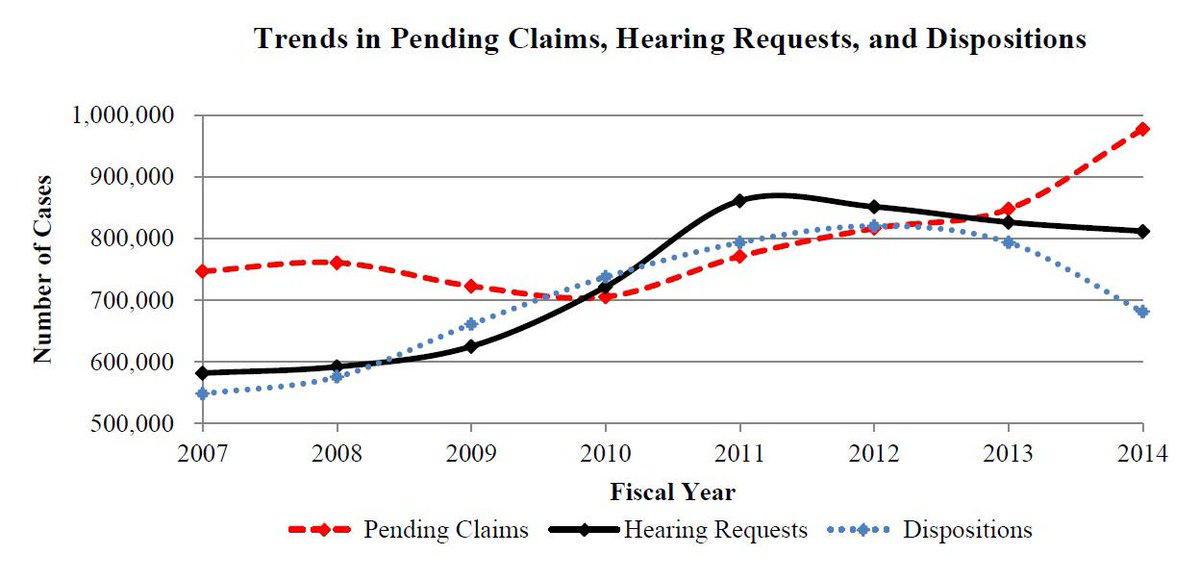The National Council of Social Security Management Associations (NCSSMA), an organization of Social Security management personnel, has been kind enough to send me a copy of their draft position paper on simplifying the workers compensation offset which is applied when a claimant receives both Social Security Disability Insurance Benefits and workers compensation at the same time. I've
posted their position paper on the Social Security Perspectives blog (which I rarely use).
I think everyone who has to deal with the workers compensation offset wishes it could be made simpler but, so far, there's been no consensus on how to do that. NCSSMA recommends either simplifying the offset by applying a uniform offset amount regardless of the amount of workers compensation benefits paid or somehow forcing reverse offsets on the states.
Applying a uniform offset amount would simplify matters some but it still leaves plenty of complexity. In some cases, Disability Insurance Benefits will be reduced by considerably more than the claimant is receiving in workers compensation. Probably the biggest problem is how to apply a uniform offset when a claimant receives a lump sum settlement of workers compensation benefits. Current law allows lump sum payments to be considered as spread over the claimant's remaining life expectancy. This has been a bit controversial but if the lump sum payment is for the claimant's disability over the claimant's remaining life expectancy what's wrong with spreading the lump sum amount over the remaining life expectancy? However, applying a flat rate reduction for the rest of a claimant's entire life would clearly be unfair.
Some states now reduce workers compensation benefits as a result of the receipt of Disability Insurance Benefits. Social Security does not apply an offset when the state has applied an offset. Current law limits the reverse offset to 15 states who had a reverse offset before a certain date in the past. This limitation could be removed but there is no way to force states to implement reverse offsets. Also, the NCSSMA plan would require a reverse offset for public disability benefits. That's applied to foreign social security benefits under contributory plans so you'd need to get every country in the world with a contributory social security scheme to adopt a reverse offset to eliminate thatt offset. Nationwide reverse offsets would cost the Disability Insurance Trust Fund a fair amount of money. International reverse offset would cost a little more. I'm pretty sure the reverse offset idea is going nowhere.


